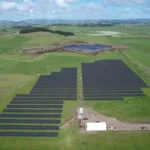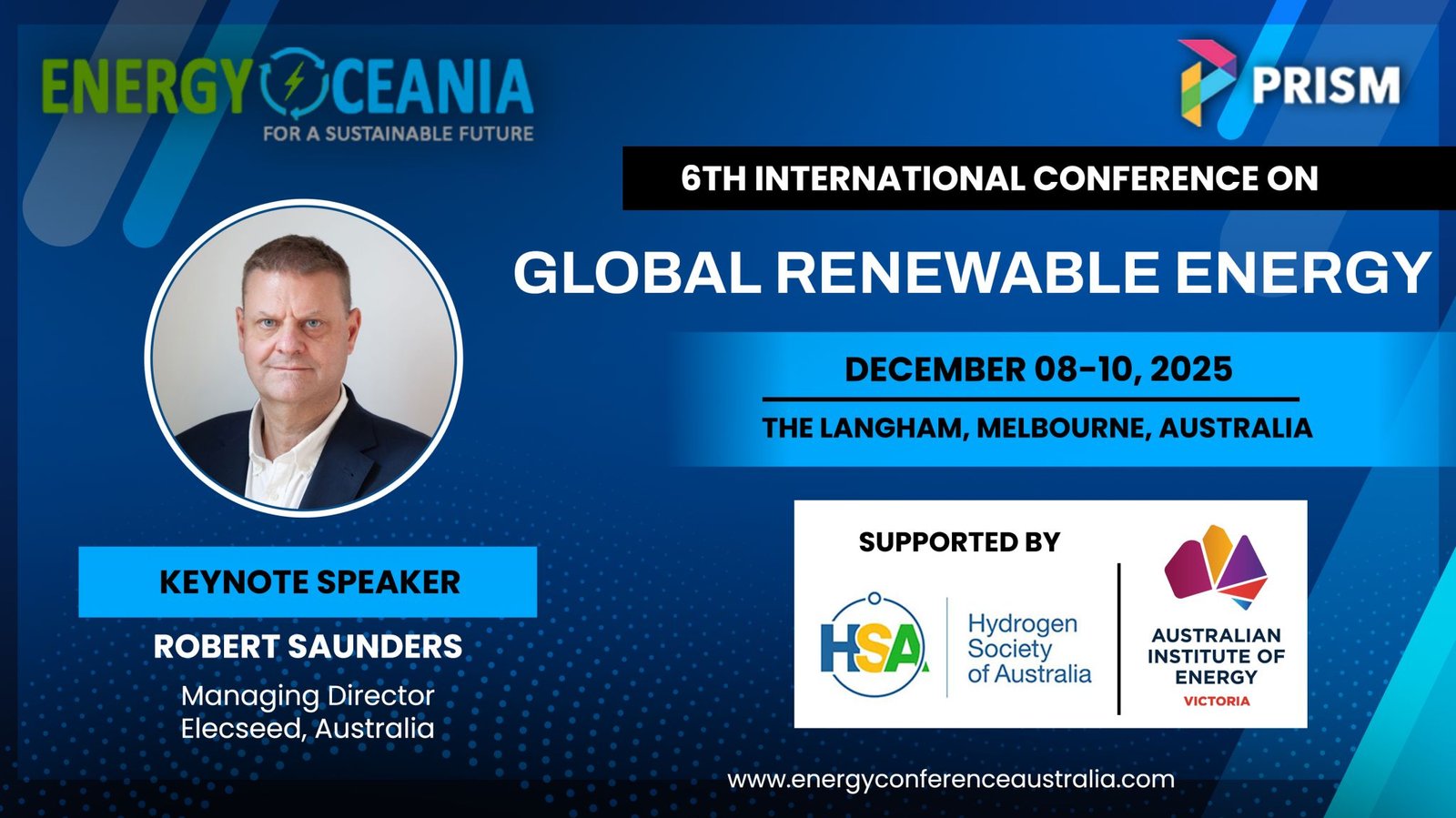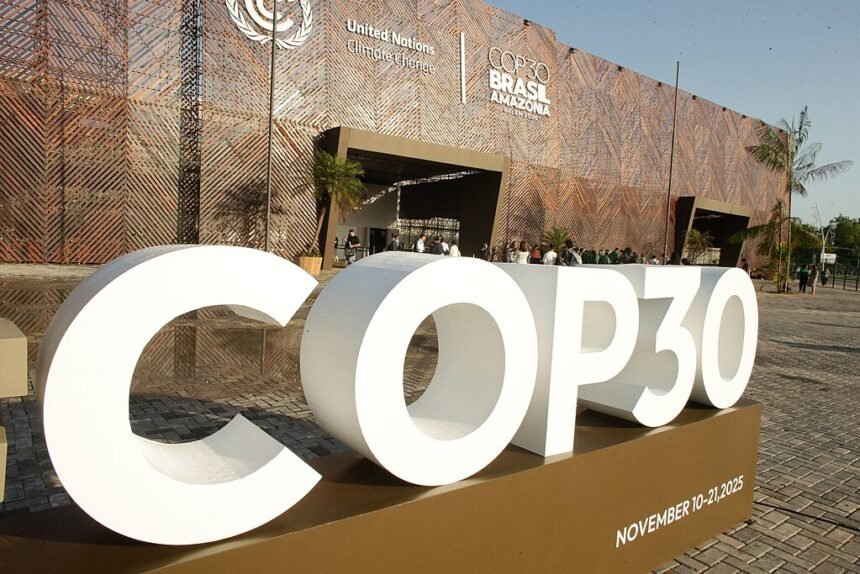In mid-February a consortium of aggrieved complainants made a submission to the Ministry for Foreign Affairs and Trade, saying the new government’s “war on nature” is an attempt to give New Zealand exporters an advantage, and breaches the NZ – UK FTA deal.
In the recent alleged breach of the New Zealand (NZ) – United Kingdom (UK) FTA, in this case, Environmental Law – rings bells globally on collaborative risk assessment and compliance at the highest levels. Not to mention fundamental reputation.
World Wildlife Fund (WWF), Environmental Defence Society (EDS), Greenpeace, Forest and Bird, and Pure Advantage submission stated. “We submit that the government’s agenda to ‘cut red tape’ for industry and the primary sector is to give New Zealand producers a market advantage and enhance New Zealand’s export competitiveness at the expense of the climate and the environment. In short, it is creating an implicit subsidy for New Zealand exports.”
The group’s joint submission stated: “The government has repealed key environmental Acts under urgency and intends to replace and amend evidence-based national policies that were collaboratively designed to protect nature.”
The submission also highlights plans to allow fast-track developments with “uncertain environmental safeguards”, scrap clean energy schemes and carbon-cutting plans, and “redirect emissions reductions funding to tax cuts”, as well as plans to allow more ocean exploitation.
Trade Minister Todd McClay, who strongly rejected the submission assertions, said New Zealand “takes its obligations under trade agreements extremely seriously” and the free trade deal lets both parties set their own environmental law.
The question begs. That if indeed this be the case – that environmental clauses are to be compromised – then how competitive will New Zealand goods be on the international stage, despite their cherished Pure New Zealand branding? China loves New Zealand Pure brands. The Fonterra baby milk formula fever, springs to mind.
Consumers today are savvy in online research, reading labels, and weighing up the costs – not only financially but to long-term environmental impacts – by introducing incremental changes in their lifestyles and consumer behavours and purchases. This is a global fact.
Greenwashing, another form of deception in false environmental claims to procure incentivised investors, is slowly being brought to light and paying a high price. In mid-2023 Australia ASIC released a short report detailing the 35 interventions it has made in response to its greenwashing surveillance activities which have subsequently incurred civil penalty proceedings for false declarations from companies in the Federal Court, and fines, for companies with false declarations/advertising.

The nature of Free Trade Agreements (FTA) – first initiated through World Trade Organisation members (WTO) and current gatekeepers of global rules of trade between nations – are treaties between two or more countries designed to reduce or eliminate import and export barriers and facilitate stronger trade and investment.
They are negotiated on aligned values, mutual trust, and respect, and goods each wants/needs, and they are expected to toe the line.
But many countries have run foul of these Agreements, heading to WTO for resolution.
New Zealand (NZ) FTA Agreement with the United Kingdom (UK) entered into force in mid-2023 – with the NZ-European Union (EU) FTA Agreement to come into force in 2024 – all parties agreeing to ‘effectively implement’ Paris Agreement 2023 climate change targets. NZ’s Green House Gass Emissions reduction target aims to be 50% below 2005 levels by 2050. This is equivalent to 21% below 1990 levels by 2030. (Climate Action Tracker)
For reference: New Zealand’s Free Trade Agreement (FTA) has a strong environmental chapter, from the UN 2030 Agenda for Sustainable Development adopted by the UN General Assembly Resolution 70/1 on 25 September 2015, and its Sustainable Development Goals; which includes a clause where countries agree they will not encourage trade by weakening environmental laws.












